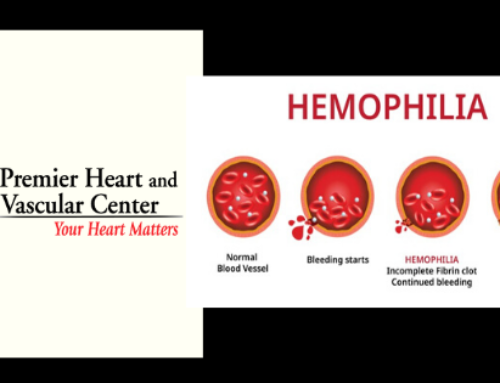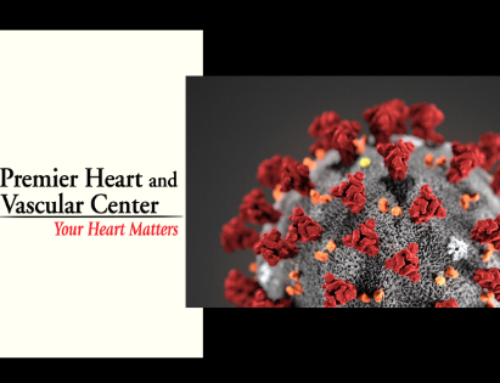By Rami Heart, DO, FACC Premier Heart and Vascular Center, North Lakeland and South Lakeland
Heart disease is often thought to be a problem that affects only men. However, women are also susceptible to the condition, and it’s the leading cause of death for both men and women in the US. According to research from 2017, one in three women die from cardiovascular disease, making it the most common cause of death for women.
What’s more, women need to be aware that heart disease works differently with them than it does with men, especially when it comes to symptoms and risks. With that in mind, it’s vital to understand heart disease in women. Let’s take a more in-depth look:
The Signs and Symptoms of Heart Disease in Women
The typical symptoms of a heart attack are:
- Discomfort or chest pain
- Pain in the arm, back, neck, and jaw
- Shortness of breath
- Cold sweats
Even though these are the most common symptoms, chest pain or discomfort in the chest area is more prevalent in men than it is with women. Since many associate this symptom with a heart attack yet is not as common in women, it is vital to understand what women usually feel during a heart attack. The following are common signs and symptoms women experience with heart attacks:
- Dizziness or lightheadedness
- Unusual or extreme fatigue
- Discomfort or indigestion in the upper body area (usually back, arm, and jaw pain without any significant change in the chest)
- Confusion or anxiety
- Nausea or vomiting
- Sleeping issues
Furthermore, it’s essential to know that women tend to experience symptoms while resting, or even while sleeping, which is not very common with men.
Women need to pay attention to these symptoms, not just the ones that are generally associated with heart attacks. What’s more, as many symptoms are subtle, women tend to go to their local cardiologist after their heart has already suffered damage, making it even more vital to pay close attention to these symptoms.
The Most Common Heart Disease Risk Factors for Women
Several of the most common risk factors for heart disease and heart attacks exist for both men and women:
- High cholesterol
- High blood pressure
- Obesity
- Inactivity
- Inflammatory diseases like arthritis and lupus
- Old age
However, other risk factors play a more significant role for women than they do for men:
- Diabetes – women with diabetes are more likely to develop heart disease than men
- Smoking poses a higher risk of heart disease for women than men
- Stress and depression have a higher effect on women’s hearts than men’s
- Pregnancy complications can lead to higher blood pressure and risk of diabetes, which in turn increase the risk of getting heart disease
- Menopause poses a risk when estrogen levels are lower than usual
- Family history of heart disease can be a greater risk for women than men
How Women Can Prevent Heart Disease
To avoid heart disease and limit their risk of heart attacks, women need to do pretty much the same things as men:
- Eat more healthy food
- Exercise more
- Maintain proper weight
- Reduce stress
- Quit smoking
- Drink less alcohol
- Manage other health conditions that affect heart health
Premier Heart and Vascular Center state-of-the-art offices offer a wide range of outpatient testing. In most cases with same day test results, contact us for more information and testing. Your heart is our business!







